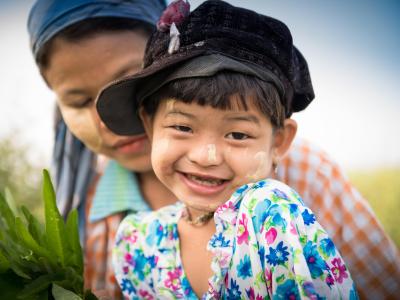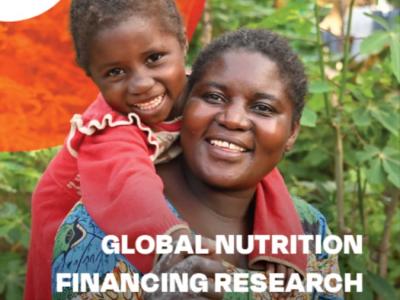publication / March 19, 2025
Advocacy Brief – Strengthening Health Systems for Essential Nutrition Actions
This advocacy brief presents key findings and evidence-based recommendations to strengthen health
systems for delivery of essential nutrition actions.
publication / March 17, 2025
Essential Nutrition Actions Multi-Country Survey Report
World Vision surveyed 268 health facilities in low-resource settings in 9 countries to assess delivery of Essential Nutrition Actions to improve maternal and child health and nutrition outcomes.
publication / March 25, 2025
Nutrition Dialogues: Global Synthesis – Headlines
This Headlines version summarises the Nutrition Dialogues: Global Synthesis report
publication / March 28, 2025
Nutrition for Growth Child & Youth Call to Action
Children and youth urged leaders to tackle global malnutrition at the Nutrition for Growth Summit in Paris, highlighting the need for urgent action and meaningful involvement.
publication / March 27, 2025
Success in Action: Tackling Acute Malnutrition with Positive Deviance Hearth
Positive Deviance Hearth empowers communities to leverage their local knowledge and foods to not only treat but also prevent malnutrition sustainably.
publication / March 25, 2025
World Vision and World Food Programme Partnership Snapshot | 2024
An estimated 343 million people are facing acute levels of food insecurity in 74 countries, across the world1. Out of these, nearly 45 million people are in ‘emergency’ or worse levels of hunger.
article / March 28, 2025
Access to Water Improves School Feeding and Learning Environment
Through a World Vision supported water system, learners at a school in Ntondozi, Eswatini longer go a day without food. There is a reliable supply of water, ensuring the school is able to prepare meals everyday.
publication / March 26, 2025
Global Nutrition Financing Research Report
World Vision and the SDG2 Advocacy Hub spoke with key stakeholders at global and national levels to uncover barriers to long-term, predictable, and accountable donor investment – and explore bold solutions.
opinion / March 26, 2025
Nutrition: Faith communities are hungry to be heard and included
In the week that Paris hosts the Nutrition for Growth Summit, Andrea Kaufmann reflects on the unique and essential role that local faith communities play in addressing hunger and malnutrition









